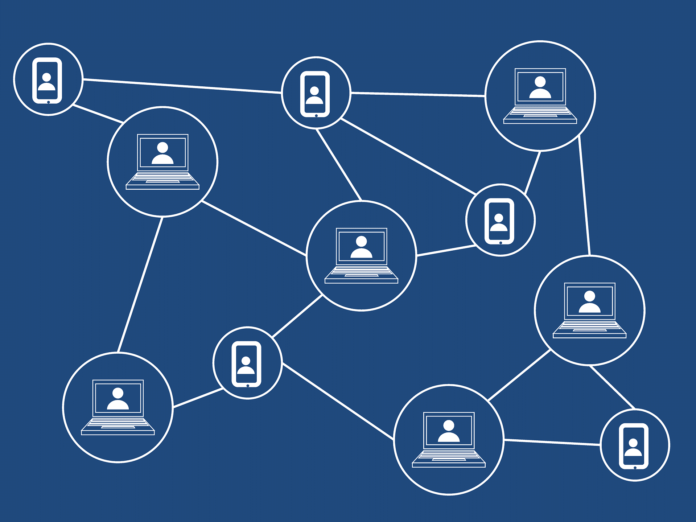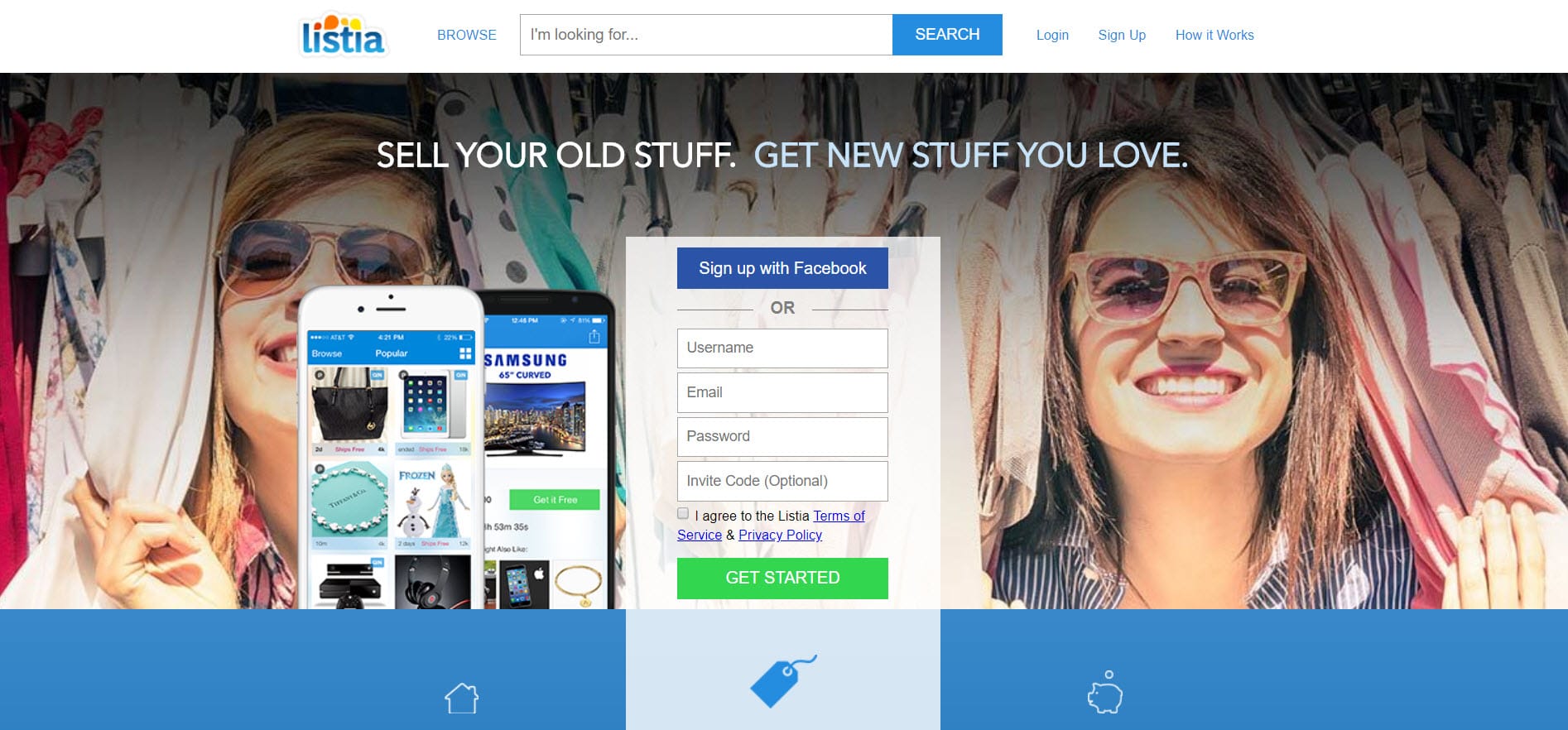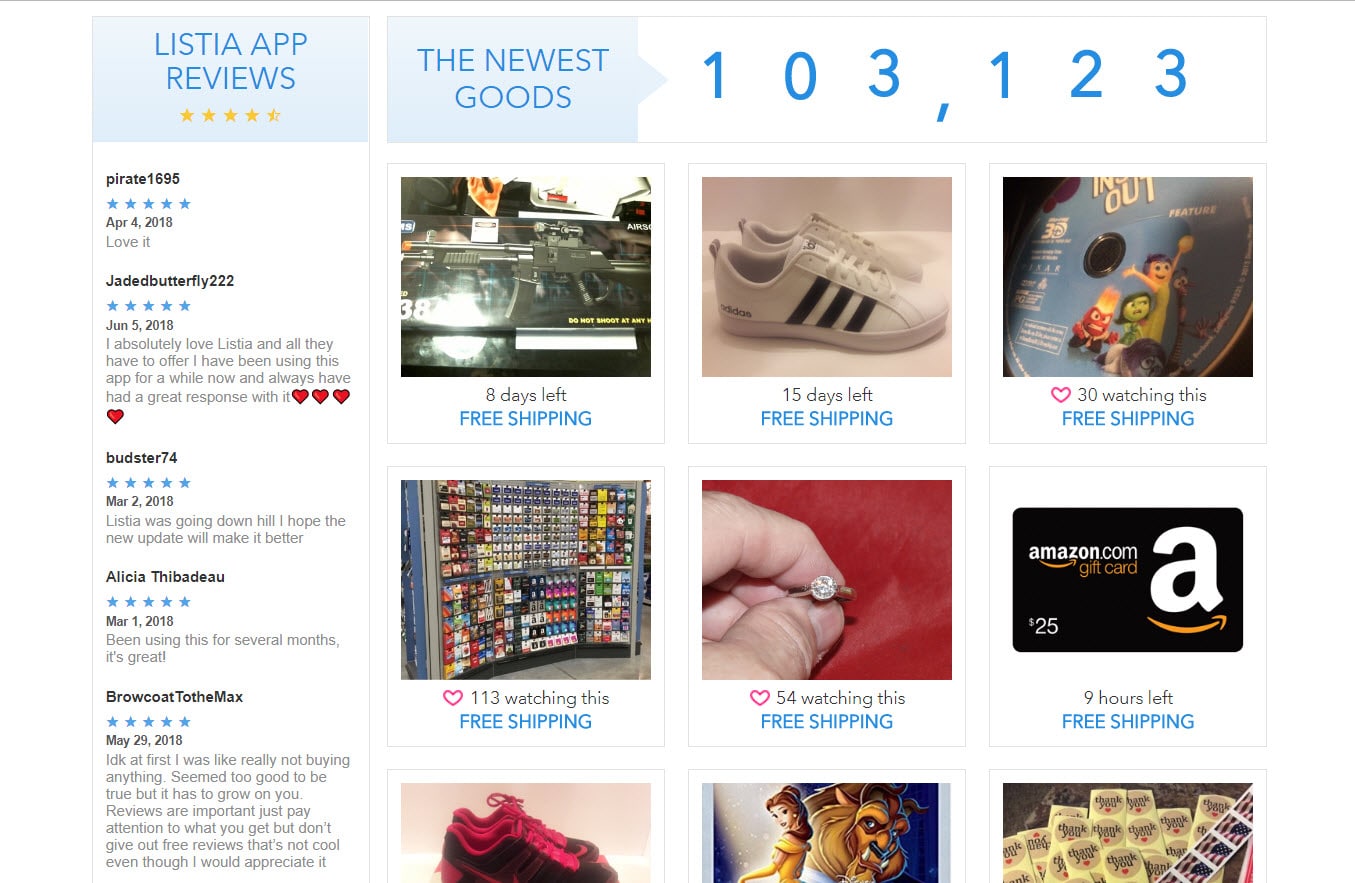
Disruptors shaking up traditional models, enablers allowing us to make a passive income–or the cloaked villain responsible for all the gaps in the high street? Marketplaces have been loved by users and loathed by incumbents for a while now. But with the rise of blockchain marketplaces, it could be payback time.
Online marketplaces have a lot to benefit from blockchain. But they also have a lot to lose, especially if they fail to gain first-mover advantage. You may have a loyal user base who’s profited from your platform time and again. Why not give them a trustworthy alternative that doesn’t leave them with 20 percent less in their pocket? Otherwise watch how quickly they leave.
How Do Blockchain Marketplaces Work?
Once you understand the nature of blockchain technology, it becomes pretty easy to figure out how blockchain marketplaces might work. Running autonomously, they make use of a truly peer-to-peer system (not one marketed to be so) that allows for trustworthy transactions to happen from Seller A to Buyer B. Without intermediaries.
So, that spare room you rent through Airbnb? That car you drive for Uber? Through blockchain marketplaces and smart contract technology, you can now receive the entire value of the transaction. And you no longer have to work for 20 percent less. You can receive the entire paycheck.
With the smart contract system, once the terms have been agreed, the transaction takes place. Simple and easy, fast and efficient, cheaper and fairer.
A representation of a blockchain marketplaces
What’s the Catch?
What happens in the case of a payment dispute? If blockchain marketplaces function autonomously and peer-to-peer, what if you purchase an item in good faith and receive something different? Or never receive it at all?
First of all, the chances of that happening are inherently slimmer using blockchain technology. The seller rating is immutable and viewable to all. Get a bad deal? You simply slate the seller in the review. A few bad reviews too many and that seller will be excluded from the marketplace.
Yet, payment disputes will still happen that may be outside the buyer or seller’s control. What if an earthquake destroys a home before the tourist arrives? Or the antique watch you send gets damaged in the mail?
For many of these instances, blockchain marketplaces like OpenBazaar use an escrow system with a trusted third party to settle the dispute. The funds are sent but not released until two out of three of the party agree that the conditions are acceptable.
Scalability is another issue, particularly with the Ethereum network. 15 transactions per second simply aren’t enough for mass adoption. There also aren’t many blockchain marketplaces completely ready yet. But, it doesn’t take a genius to see the direction that online marketplaces are going with Web 3.0.
Listia the Online Bartering Platform
With eight years experience and millions of items already traded, if you like a good old barter, you may have heard of Listia already. The idea behind this online marketplace is that you can trade the things you no longer want for items that other people are also fed up with. One man’s trash is another man’s treasure. Or something like that.
So if you’re holding onto an Xbox you never use or a regret buying that Gucci purse and want to exchange it for something of the same value, you can trade it on Listia.

Listia Bartering Platform
Why is Listia Using Blockchain Tech?
In classic “disrupt yourself before the disruptors” style, Listia has been using its own cryptocurrency for a while now. Co-Founder and CEO Gee-Hwan Chuang explains:
“Listia first got into blockchain tech for a simple reason: Listia had been using a centralized digital currency, Listia Credits, since its inception. We were initially investigating turning Listia Credits into a decentralized cryptocurrency. After several brainstorming and product meetings, we came up with a concept to change how consumers transact in peer-to-peer marketplaces.”
Notice he says “marketplaces” in plural form? That’s because Listia is already thinking several steps ahead. They developed a peer-to-peer transaction system, Ink Protocol, that allows consumers to barter with each other on any marketplace–not just their own.
“We took our knowledge from running a marketplace for eight years and turned it into a robust transaction protocol that provides decentralized escrow, dispute resolution, and a public, transferrable reputation system… Users will now be able to earn reputation across marketplaces and use it on any platform,” Chuang explains.
Ink Pay is marketplace payments app that allows users to buy and sell using XNK, Listia’s ERC20 compatible token while earning transferrable reputation. Ink Pay is also a browser where users can see transaction history and feedback from any other user via their Ethereum address or QR code.
A Transferable Reputation System
Listia is using blockchain tech to create a decentralized, transferable reputation system that helps users safely send and receive payments in peer-to-peer marketplaces. They earn a public reputation for every completed transaction and can take their earned reputation from marketplace to marketplace, providing instant credibility and verification.
Buyers can quickly look up a seller’s transaction history and feedback, before deciding to transact with them.
Blockchain’s Transparency is the Real Game-Changer
Listia takes a small transaction fee when something is bought or sold. And Ink Protocol has hooks to allow any marketplace that adopts it to take a transaction fee, as well. “After integrating with Ink Protocol, Listia’s core business model did not change much,” Chuang admits. Blockchain technology transparency is the real gamechanger here.

Exchange Goods on Listia
“The introduction of blockchain tech is necessary to create a public, immutable transaction and feedback record. This is the core technology enabler that will allow sellers to earn reputation across marketplaces, in a fully transparent and trustworthy way. Currently, traditional e-commerce marketplaces own a seller’s reputation, and sellers have no choice but to continue selling on that platform to make use of their reputation. Without blockchain tech, sellers’ data would still be owned by a single entity.”
Listia’s vision is to bring blockchain and Ethereum technology to mainstream consumers by helping people use it in everyday situations.
Closing Thoughts
It would seem that Listia is a smart mover in the blockchain marketplaces space, getting on board with the tech before getting ousted by it. And in fact, blockchain technology fits the Listia model like a glove.
“After running the Listia peer-to-peer marketplace for close to a decade, we realized the problems we were trying to solve could be generalized across marketplaces,” says Chuang.
“Listia believes self-sovereign reputation will completely change the way consumers buy and sell online. Buyers get peace of mind and sellers get a transferrable reputation, putting more money back in their own pocket.”
The post Why Is Popular Bartering Platform Listia Getting into Blockchain Tech? appeared first on CoinCentral.

Coincentral.com is author of this content, TheBitcoinNews.com is is not responsible for the content of external sites.
Our Social Networks: Facebook Instagram Pinterest Reddit Telegram Twitter Youtube










